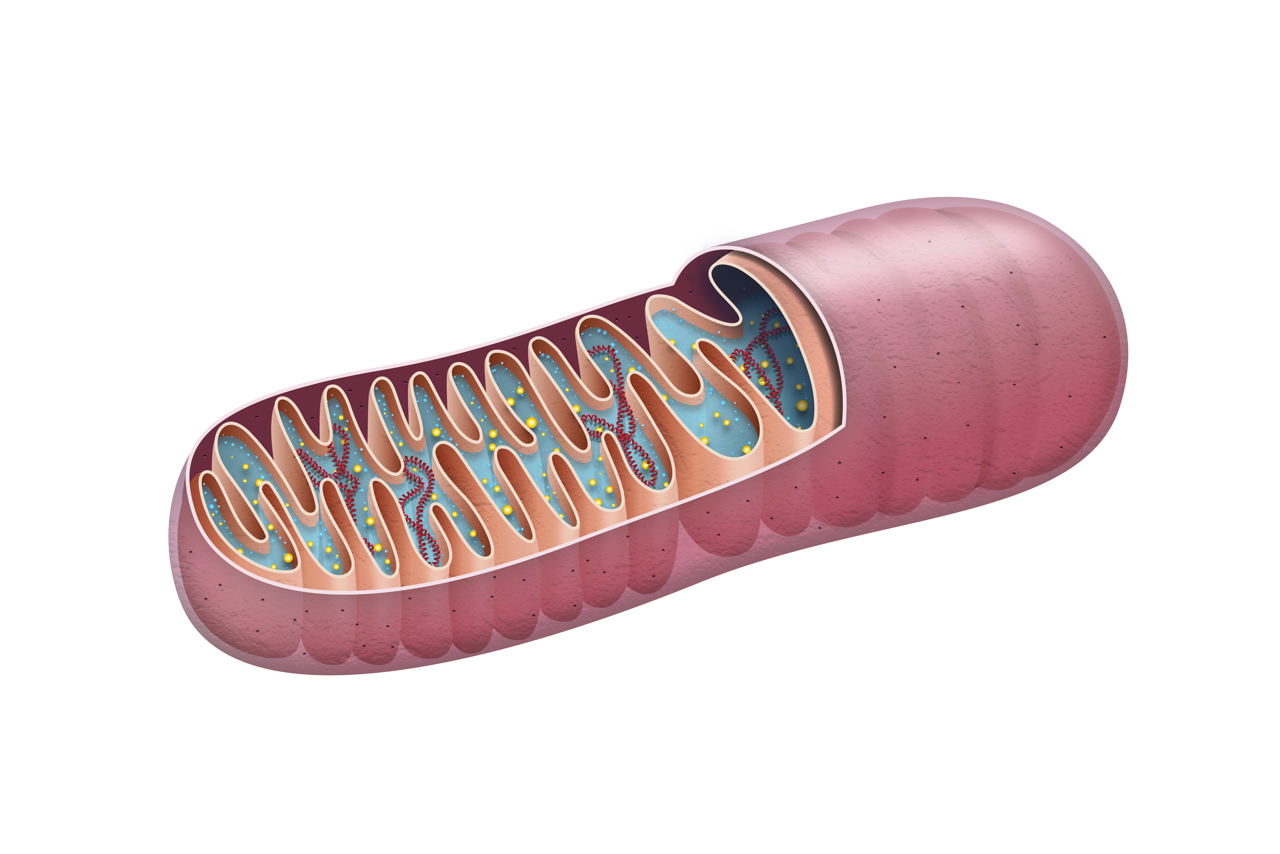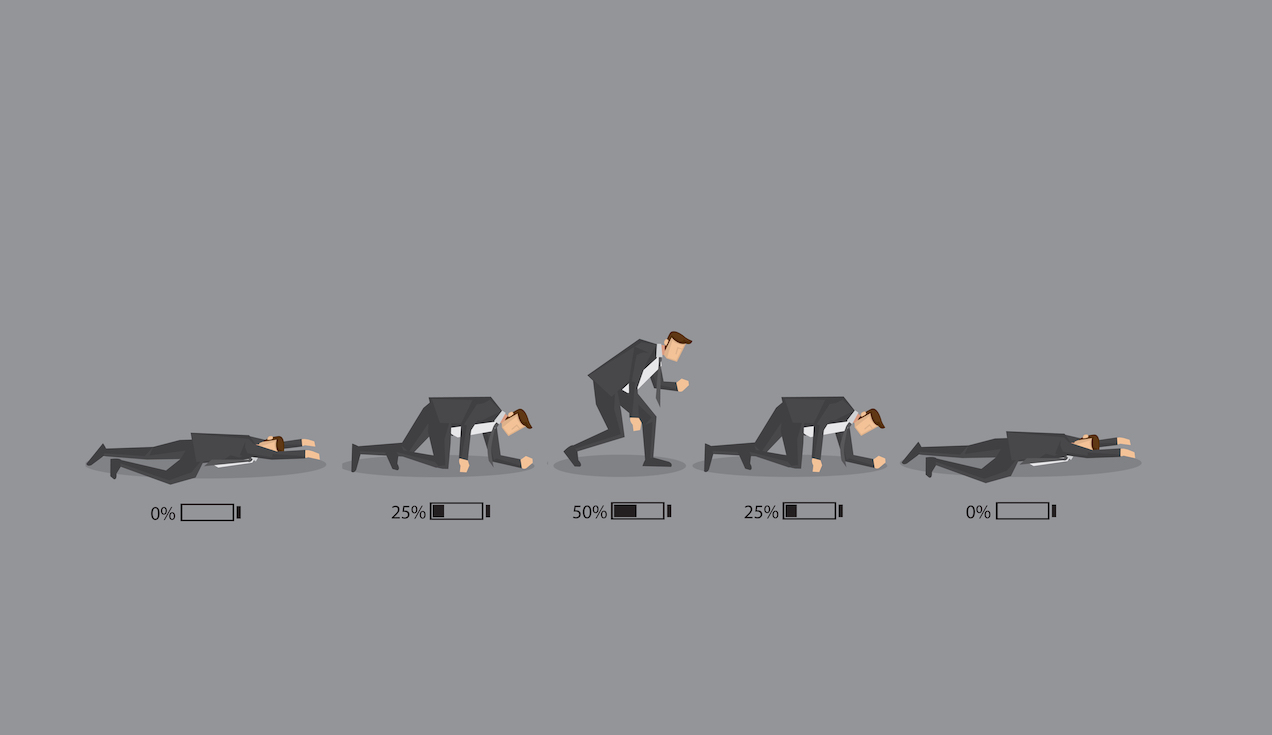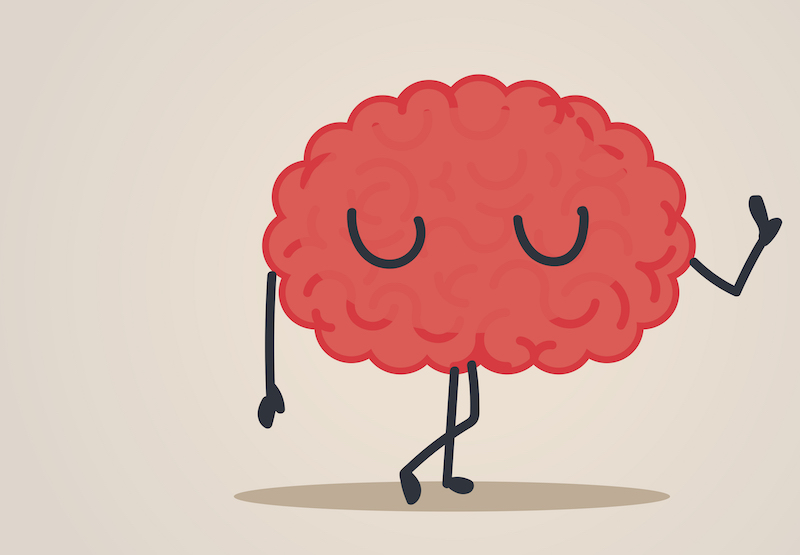Your mitochondria are tiny little batteries for your body. You can find them inside the cells in your body, acting as power plants within your cells that keep your body working properly. They do this by generating adenosine triphosphate (ATP), an organic chemical that we need to do basically anything we do: talking, walking, digestion – everything that requires energy.
Mitochondria are made up of two membranes. The inner membrane folds many times and creates layers. The outer layer is shaped like a bean. To generate energy, they also break down carbohydrates and acids.
Besides playing a role in the vitality you need for activities, your mitochondria also help regulate
- how fast your metabolism churns
- how focused you are
- how clearly you think
Clearly, they are important! Just as a battery runs out of juice though, your mitochondria may produce less energy if overworked or undernourished. This can cause your body to become lethargic and your mind and body to work inefficiently. It’s important to take care of these little microscopic powerhouses.
Embrace the cold
Studies have shown that exposure to the cold (for short periods) can trigger the production of mitochondria by fooling your body into thinking it needs to go into survival mode. When this happens, your body needs more energy in order for your brain to focus on tasks. More mitochondria are produced to provide your body with this energy. You can embrace the cold by taking walks while being lightly dressed (for 20-30 second periods), a few times a week. Taking short, cold showers can also help you achieve this.
Eat less
If you want your mitochondria to thrive, don’t heap your plate with mountains of food. New research by Harvard University shows that low energy conditions like fasting or eating less promotes healthy ageing and boosts mitochondrial function. Eating less or fasting also keeps your mitochondria in a youthful state as it gives it less work to do. Studies show that when there are fewer demands on mitochondria, it enhances its functioning and leads to a longer lifespan. Try intermittent fasting a few times a week. For example, you could do 16-20 hours of fasting per day with four to eight hours of eating.
Get moving
The stress caused when doing exercise activates pathways that stimulate the production of new mitochondria (mitochondrial biogenesis) and improves the function of existing ones. For example, studies with endurance athletes revealed that their muscles have high concentrations of mitochondria. Do consistent, moderate activity every day to stimulate your muscles cells and produce more mitochondria.
Catch some rays
Vitamin D may help increase energy production in the mitochondria of your muscles after exercise. Vitamin D is difficult to get from your diet alone, so it’s important to take supplements if you’re deficient. You can also get your daily dose from a walk in the sun as Vitamin D is formed in your body through a biochemical process when you’re exposed to sunlight. During summer, a short spell outdoors could be enough. Don’t forget the sunblock!
References:
- https://www.bewell.com/blog/6-ways-master-mitochondria/
- https://www.naturalstacks.com/blogs/news/5-ways-to-improve-your-health-by-boosting-mitochondria
- https://www.livescience.com/50679-mitochondria.html
- https://www.sciencedirect.com/science/article/pii/S0006291X16319519
- https://www.drwhitaker.com/3-ways-to-tune-up-your-mitochondria-and-enhance-energy
- http://www.return2health.net/articles/feeding-your-mitochondria/












